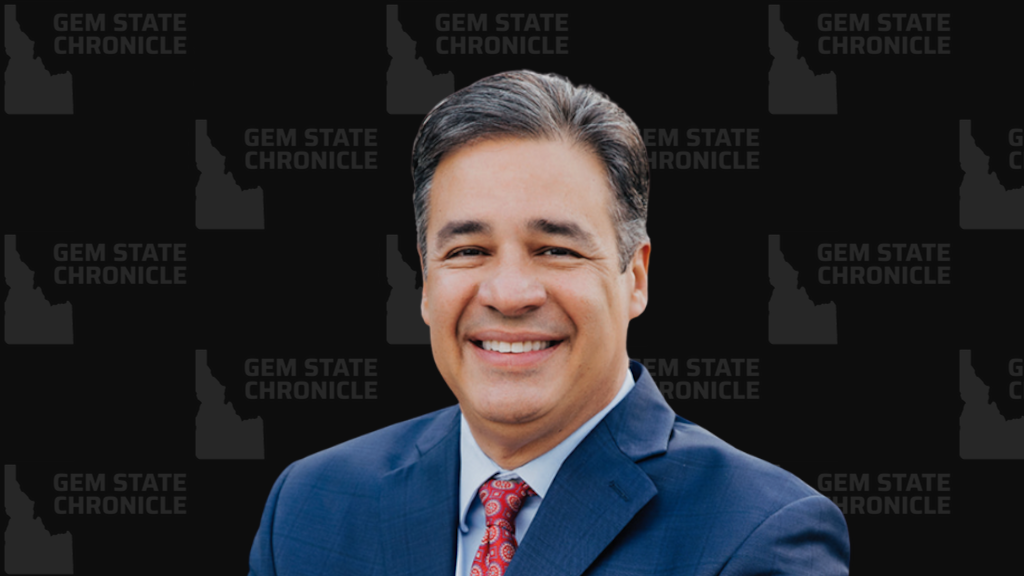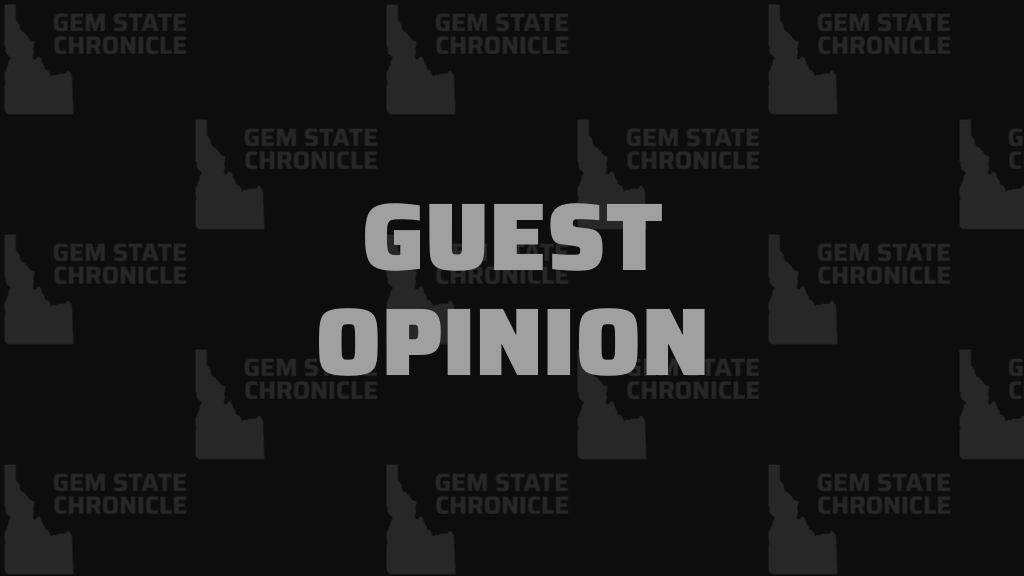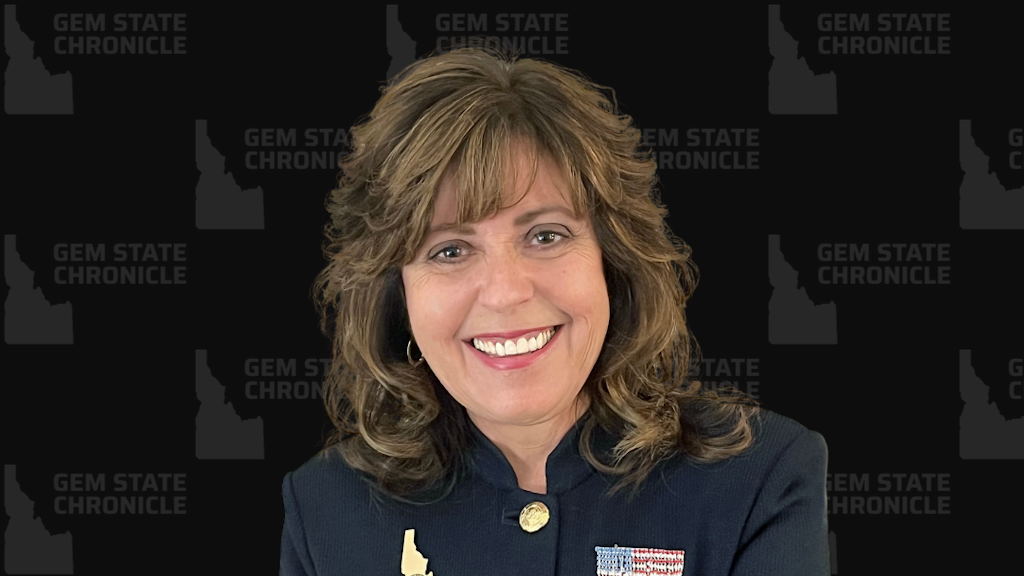By Attorney General Raúl Labrador
Dear Friends,
This week, the State of California agreed to repeal key provisions of a sweeping electric-vehicle mandate known as Advanced Clean Fleets. This rule, issued by the California Air Resources Board, sought to force a nationwide shift in trucking technology without legal authority or the consent of other states. Idaho joined a 17-state coalition challenging this mandate in Nebraska v. Cliff, a case filed in the U.S. District Court for the Eastern District of California. The settlement in that case is a major win for state sovereignty, economic freedom, and the constitutional limits on unilateral regulation.
At issue was California’s attempt to impose an electric-vehicle mandate on truck fleet owners and operators nationwide through a regulatory scheme called Advanced Clean Fleets. The rule applied to any fleet that operated even a single truck in California if it met certain revenue or size thresholds, regardless of where the company was based. It required these fleets to retire internal-combustion trucks and replace them with battery-electric models under state-imposed deadlines. It also barred manufacturers from selling internal-combustion trucks in California starting in 2036. Because California houses the nation’s largest ports and serves as a gateway for approximately 40 percent of containerized imports and 30 percent of exports, trucking companies across the country depend on access to its roads and trade infrastructure. No manufacturer or fleet operator can feasibly design separate vehicle lines or logistics strategies for California alone. Faced with exclusion from a $3.9 trillion economy, businesses nationwide would be compelled to conform to California’s mandates. In practical effect, California’s regulation would set nationwide trucking policy through market coercion rather than lawful authority. That is why this case mattered not only to Idaho, but to every state that values its sovereignty and the constitutional limits on unilateral state power.
The coalition’s complaint raised three legal claims. First, it argued that the rule is preempted by the federal Clean Air Act, which generally forbids states from setting their own emissions standards for new motor vehicles. There is one narrow exception that allows California to request a waiver from the Environmental Protection Agency to set its own standards, but it never requested a waiver for Advanced Clean Fleets. And even if it had asked, the EPA lacks the authority to approve rules that eliminate entire engine types. Second, the lawsuit asserted that the rule is preempted by the Federal Aviation Administration Authorization Act, which prohibits state regulations affecting prices, routes, or services of motor carriers. And third, the complaint argued that the rule violates the Constitution’s dormant Commerce Clause, which bars states from regulating economic activity beyond their borders.
These were not abstract concerns. The regulation would have imposed immediate costs on out-of-state carriers, compelled extensive reporting obligations for any fleet that sent a truck into California, and forced manufacturers to restrict the availability of internal-combustion vehicles nationwide. Battery-electric trucks remain significantly more expensive, less efficient for long-haul routes, and dependent on a sparse charging infrastructure. For states like Idaho—where transportation, agriculture, and manufacturing rely on affordable and flexible trucking—the burdens would have been severe and unjustified.
The settlement halts California’s enforcement of these provisions and requires state officials to initiate formal repeal proceedings. California also conceded that its planned 2036 ban on internal-combustion truck sales cannot be implemented unless the EPA grants a Clean Air Act waiver. Our office will remain vigilant in opposing any further efforts to federalize California’s policies through administrative fiat.
California is free to pursue its own environmental goals within its own borders. What it cannot do is transform the nation’s trucking standards by threatening exclusion from its markets. Idaho joined this litigation to defend the principle that policy decisions with nationwide consequences must be made through constitutional processes—not dictated by a single state’s regulatory agency.
Best regards,

About Raúl Labrador
Raúl Labrador is the 33rd Attorney General of Idaho. The Office of the Attorney General provides legal representation for the State of Idaho. This representation is furnished to state agencies, offices and boards in the furtherance of the state's legal interests. The office is part of state government’s executive branch and its duties are laid out in the Idaho Constitution.













